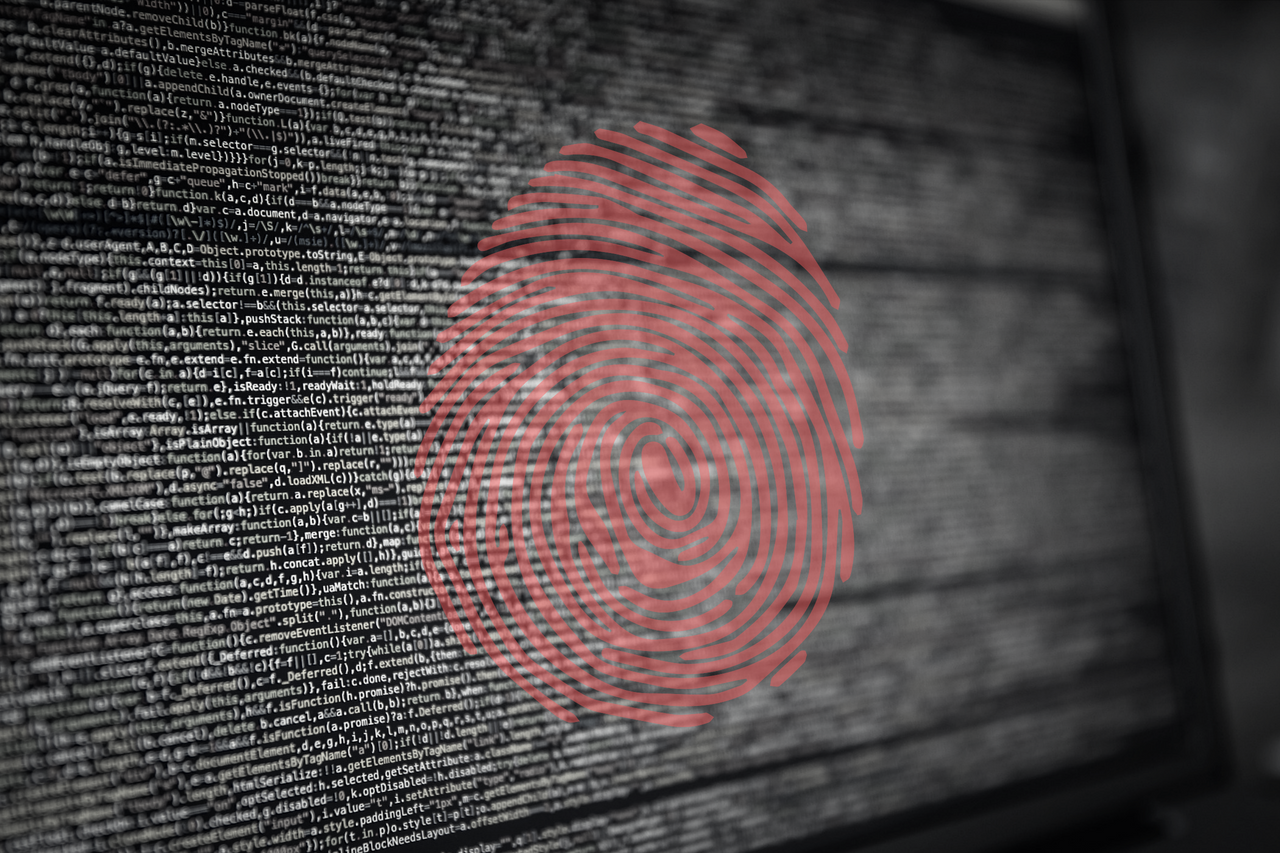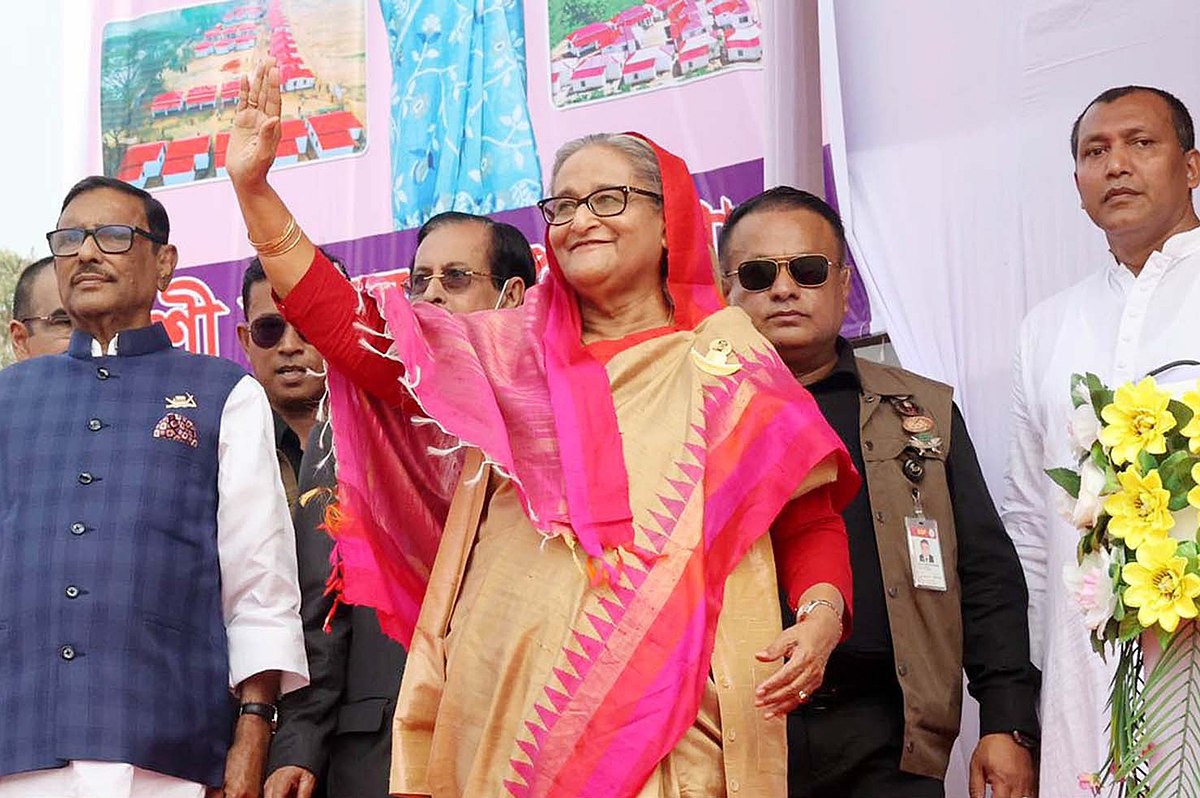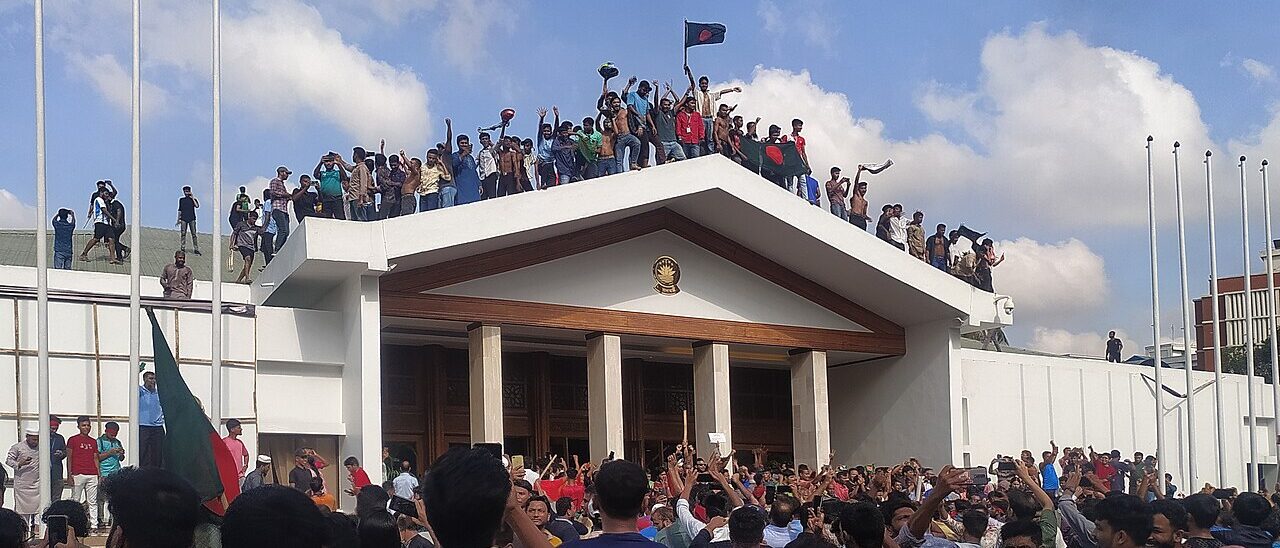This is a summary of the original article by Catherine Powell and Alexandra Dent that may be found here
The era of information and disinformation has shed light on the increasing value of data and the potential risks it poses to democracy and privacy. As data becomes more valuable, the ability to collect, use, and control it becomes a key strategic issue for governments and companies.
Data is now at the driving seat of innovation, personalized services, decision-making. The rise of big data and artificial intelligence (AI) has led to a new era of data-driven decision making, and it has led to many benefits. For example, data can be used to improve healthcare by identifying patterns and trends that can help doctors make better diagnoses. In addition, data can be used to create more efficient and sustainable cities by identifying patterns in energy use and transportation. However, as data becomes more valuable, it also poses significant risks to privacy and democracy.
One of the main risks is that data can be used to manipulate individuals and groups, particularly in the context of elections. Data is increasingly being used to target political ads and propaganda, which may have a significant impact on the outcome of an election. For example, in 2016, Cambridge Analytica, a political consulting firm, used data from Facebook to target political ads to specific groups of voters and helped Donald Trump’s campaign. It also highlights how data can be used to create fake news and disinformation campaigns, which can spread quickly and influence public opinion.
Another risk is that data can be used to undermine privacy and personal dignity. As more data is collected, it becomes easier to create detailed profiles of individuals and track their activities. This can lead to a loss of privacy and control over personal information. For example, companies like Google and Facebook have access to vast amounts of personal data, which they use to target ads and recommend products and services. In addition, governments and law enforcement agencies can also use data to track citizens, which can lead to a loss of privacy and civil liberties.
Data can also be used to discriminate and marginalize vulnerable communities and individuals. For example, data can be used to identify and target groups based on their race, gender, or socioeconomic status. This can lead to discrimination and marginalization.
Data has the potential to be a powerful tool for good, but it also poses significant risks to democracy and privacy. Governments and companies need to be transparent about how they collect, use, and control data, and that individuals need to be aware of the risks and take steps to protect their personal data. Furthermore, regulations and laws should be in place to protect individual’s personal information, and to prevent misuse of data and disinformation campaigns. It is becoming increasingly evident that transparency and awareness in data collection and usage, and the need to take steps to protect personal data, and to prevent data misuse, cannot be ignored. Future of development in regulations and laws to protect individuals’ personal information and to prevent disinformation campaigns will decide whether democracy flourishes or gets threatened.
The views expressed herein may not necessarily reflect the views of JI FAD and/or any of its affiliates






